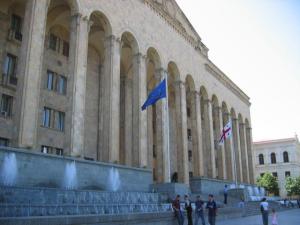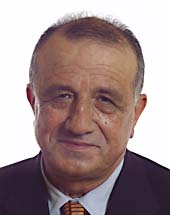 Issues surrounding the voters’ list that have marred previous elections in Georgia – multiple entries, the persistence of deceased voters, and errors in voter information – continue to cause anxiety and low confidence in the democratic process amongst stakeholders and the Georgian electorate.
Issues surrounding the voters’ list that have marred previous elections in Georgia – multiple entries, the persistence of deceased voters, and errors in voter information – continue to cause anxiety and low confidence in the democratic process amongst stakeholders and the Georgian electorate.
In an effort to increase confidence in the process a state funded commission was established last year with a view to ascertain the accuracy of the list. The Voters List Verification Commission (VLVC) is chaired by Mamuka Katsitadze of the New Rights Party, and consists of members of ruling party and some opposition parties’ representatives, as well as representatives from several civil society groups.
August 1, 2012 is set as a deadline for the commission to complete voter list rechecking after which the list should be handed over to the Central Election Commission (CEC). The VLVC is also authorized to continue monitoring the voters’ lists after August 1. The Commission launched door-to-door campaign on April 24 as part of rechecking the accuracy of the voter register ahead of the October parliamentary elections. 11,100 field observers, known as registrants, recruited by the VLVC, were tasked to visit every household in Georgia to ensure accuracy of the list. More…




